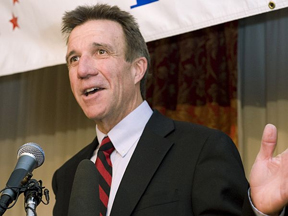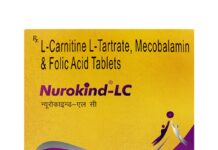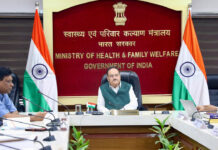
MONTPELIER, Vt.: Vermont’s top Republican isn’t ready to hop on board with calls for candidates in his party to speak out against single-payer health care. It remains to be seen how the lieutenant governor’s more cautious approach will affect other GOP candidates and the party as a whole.
Lt. Gov. Phil Scott has called himself an “admitted skeptic” of single-payer health care but is refusing to condemn the plan before seeing the details.
“That’s just the way I work,” he said this past week in an interview with The Associated Press.
A universal, publicly financed health care system as described in Vermont’s 2017 plan for single-payer health care would be the first of its kind in the United States. It is akin to a modified Medicare-for-all. Supporters see single-payer as a streamlined way to provide universal medical care, while critics believe it would lead to reduced care quality and high costs.
A resolution passed Feb. 1 by the Republican State Committee reads: “The state committee urges legislative and statewide candidates to publicly oppose single payer/government run health care due to the negative impacts on the state’s economy and the lives of Vermonters.”
Scott is the only Republican to hold a statewide elected office in liberal Vermont, where lieutenant governors run on their own ticket. He has said he will run for another term as lieutenant governor.
Scott reacted to the resolution by saying oaths for party members are contrary to his beliefs. He told the Vermont Press Bureau that the resolution sounded “like a bit of a litmus test.”
“If we want to broaden the base and enlarge the party, then I think we have to allow for independent thoughts,” Scott said.
The office of Democratic Gov. Peter Shumlin and his administration are expected to release more information about the plan.
David Sunderland, chairman of the Vermont Republican State Committee, described the resolution as an “expression of frustration” about “the cloud of secrecy” surrounding single-payer health care and denied it was a litmus test or pointed at Scott.
Scott acknowledged in his comments to the AP that he knew there was “some frustration” about his position.
Darcie Johnston, leader of the anti-single-payer group Vermonters for Health Care Freedom, said it’s important to get Vermont Republicans talking about health care because it could be a tool for recruiting candidates, raising money and, ultimately, winning elections.
“I would like to see Republicans across the board stand up and embrace this issue fully,” Johnston said. She called the resolutions part of the unification process for the party.
Sunderland rose to the head of the state party in November with the support of Scott and former Gov. Jim Douglas. When elected, he said he wanted to create a more positive message that was less tethered to national Republicans.
Both Sunderland and Scott call the economy and job creation the top issues for Vermont Republicans. Sunderland said health care is part of the discussion but not the entire discussion.
Scott specifically cited the “affordability crisis” in Vermont. “We’re losing our working class,” he said.
For his unique position in Vermont politics, Scott has gotten some national attention. New Jersey Gov. Chris Christie, widely considered a top prospect for the 2016 Republican presidential nomination, visited Vermont in December for a fundraiser that drew 600 to 700 people, according to state party officials.
During his remarks, Christie said, “I have a number of people tonight who I’ve met that told me the future of Vermont and its Republican Party is with our lieutenant governor.” -AP






